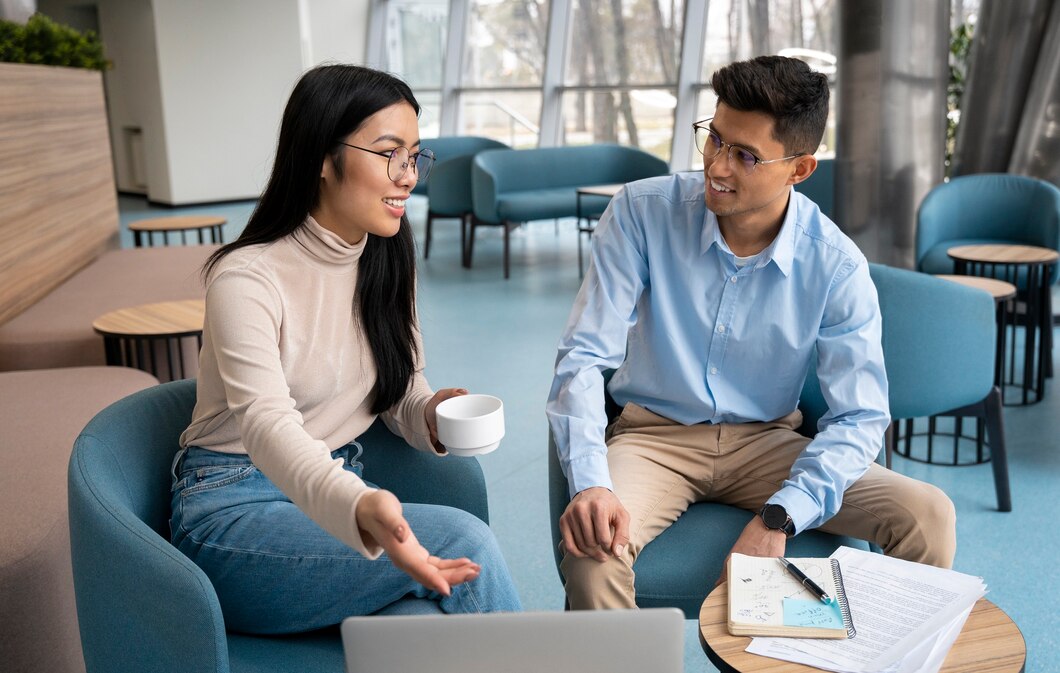In the intricate dance of human relationships, there are moments of harmony and discord, peaks of joy and valleys of despair. Relationships, be they romantic, familial, or platonic, are the fabric of our lives, profoundly shaping our experiences and emotions.
However, maintaining healthy and fulfilling relationships is a challenging feat. It requires effort, communication, and, sometimes, professional guidance. This blog delves into the significance of relationship counselling, exploring how it can nurture bonds and foster growth in individuals and partnerships.
Understanding Relationship Counselling
Relationship counselling, couples therapy or marriage counselling provides individuals and couples with a supportive environment to explore emotions, address conflicts, and develop healthier relationship dynamics. Contrary to common misconceptions, seeking counselling is not a sign of weakness but a courageous step towards personal and relational growth. It offers a guided journey through the complexities of intimate relationships, helping partners navigate challenges and cultivate more profound understanding and empathy for one another.
At its core, relationship counselling fosters effective communication, empathy, and mutual respect between partners. Through open dialogue facilitated by a skilled therapist, couples can gain insight into their own needs and desires and those of their partner. This process lays the groundwork for building trust, intimacy, and resilience within the relationship.
Counselling isn’t just for couples in crisis; it can also benefit those seeking to enhance their connection or navigate significant life transitions together. By investing in the health of their partnership, couples can create a more fulfilling and harmonious relationship that enriches their lives for years to come.
Importance of Relationship Counselling
Effective Communication
Effective communication is the cornerstone of any successful relationship, but achieving it can be challenging. Misunderstandings can lead to conflicts, which is where relationship counselling comes in. Therapists create a safe space for open expression, teaching active listening and assertiveness skills to promote understanding and empathy. Through various techniques, individuals learn to decipher nonverbal cues and navigate difficult conversations, ultimately strengthening their relationships.
Furthermore, therapists may employ role-playing and communication exercises to simulate real-life scenarios and provide practical experience navigating difficult conversations. This hands-on approach helps individuals build confidence in their communication skills and apply them effectively outside counselling.
Conflict Resolution
Conflicts are inevitable in any relationship, but how they are managed can make all the difference. Relationship counselling equips individuals and couples with conflict-resolution strategies that encourage compromise, collaboration, and mutual respect. By addressing underlying issues and exploring perspectives, therapy helps de-escalate conflicts and fosters resolution that is conducive to relationship growth.
Identifying Patterns
Patterns of behaviour and interaction often underlie recurring conflicts and challenges in relationships. Through counselling, individuals gain insight into these patterns, uncovering deep-seated beliefs, triggers, and dynamics that influence their relational dynamics. By recognising and understanding these patterns, individuals can break free from negative cycles and cultivate healthier ways of relating to themselves and others.
Healing Emotional Wounds
Past experiences, traumas, and unresolved emotions can cast a shadow over present relationships, hindering intimacy and connection. Relationship counselling provides a supportive environment for individuals to process and heal emotional wounds that may impact their current relationships. Therapists offer guidance and tools for emotional regulation, self-awareness, and forgiveness, empowering individuals to cultivate greater emotional resilience and intimacy.
Reigniting Intimacy
Over time, the spark of intimacy may dim due to various factors such as stress, routine, or unresolved issues. Relationship counselling helps reignite the flame of intimacy by fostering vulnerability, trust, and emotional intimacy. Therapists assist couples in exploring intimacy barriers, enhancing emotional and physical connection, and rediscovering the joy and passion in their relationship.
Navigating Transitions
Relationships evolve, facing transitions such as marriage, parenthood, career changes, or empty nesting. These transitions can strain relationships and disrupt equilibrium. Relationship counselling offers support and guidance during transition periods, helping individuals and couples navigate change, redefine roles, and adapt to new dynamics while preserving their bond.
Preventative Maintenance
Investing in preventative maintenance for relationships is like prioritising physical health through regular check-ups and exercise. Relationship counselling is a proactive measure that provides tools and strategies to address issues early on and strengthen the bond between partners.
These sessions offer insights tailored to each relationship, fostering empathy and compassion while laying the groundwork for sustained growth and intimacy. Couples cultivate a culture of openness and vulnerability by engaging in counselling, ensuring smoother communication and greater resilience in the face of challenges. Ultimately, preventative maintenance in relationships leads to greater long-term satisfaction and happiness for both individuals involved.
Conclusion
In the tapestry of human connections, relationship counselling emerges as a beacon of hope, guiding individuals and couples through the ebbs and flows of their journey together. By fostering effective communication, resolving conflicts, and healing emotional wounds, counselling nurtures bonds, cultivates intimacy, and empowers individuals to thrive in their relationships. Ultimately, seeking counselling signifies a commitment to growth, understanding, and the enduring pursuit of love and connection.




